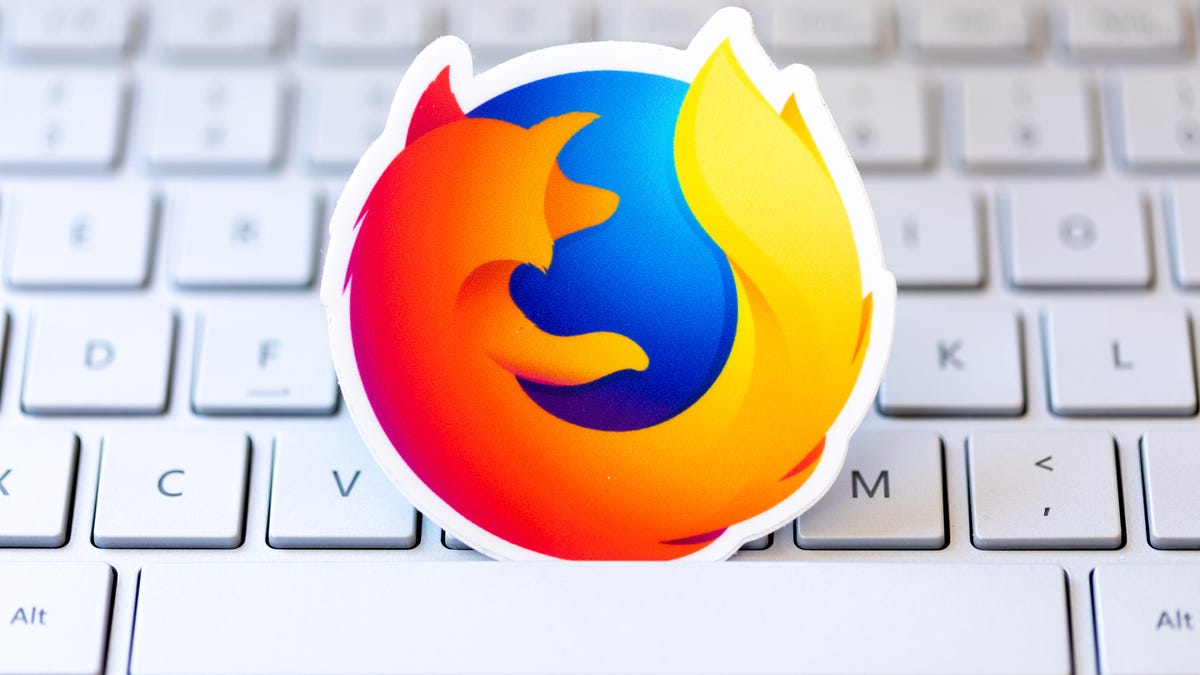Mozilla tries ads in Firefox again, now powered by Pocket website recommendations
The ads are personalized by the browser itself to keep personal information private, the nonprofit says.

A Mozilla Firefox sticker
Firefox users could soon see ads in the form of sponsored links to websites that appear in new browser tabs.
Mozilla has expanded a test of a privacy conscious advertising system to its Firefox 60 beta, Mozilla said Monday. The test will reach only a portion of users in the US, so don't be devastated if you don't see the sponsored links. It's slated to start on May 9, Mozilla said.
Mozilla tried a similar new-tab page advertisements plan in 2014 but scrapped it. "We needed to work on a better user experience focused on discoverability and quality of content," the nonprofit said. This time, it's using Pocket, a service it acquired in 2017 that lets you save websites you might want to revisit.
Pocket already recommends websites, but now Firefox itself will offer new recommendations to sponsored sites based on your browsing history. It performs that assessment privately in the browser, Mozilla said.
It's not clear how much money Mozilla stands to gain from the program, but it's a philosophically important change for the organization. Right now the bulk of Mozilla's revenue -- $520 million in 2016 -- comes from search-engine partners that pay Firefox for sending them traffic. Generating its own advertising revenue would give Mozilla some independence from companies such as Google, whose Chrome browser is the top Firefox competitor.
Firefox's new-tab page already recommends destinations drawn from popular websites flagged in its Pocket service. Some of those will become sponsored links, with the the browser itself judging what might be relevant by your browsing history.
And in the bigger picture, Mozilla hopes to rewrite the rules of online advertising in a similar direction as its rival Brave Software, with ads that are targeted toward your interests but don't share that information with advertisers.
"We've come to accept a premise around advertising today that users need to trade their privacy and data in exchange for personalized, high quality experiences. Our experiments over the last few months have proved that this isn't true," said Pocket founder and Chief Executive Nate Weiner in a blog post. "We are indeed able to create personalized sponsored content that provides value to users without jeopardizing their privacy. This is an exciting result because it promises to create a more user-centered model for supporting content on the web."
Of course, Mozilla tracks when you and others click the sponsored links. But advertisers won't know who did.
Mozilla says that advertisers will receive no data other than "an aggregated total count of impressions and clicks" for any particular item.

